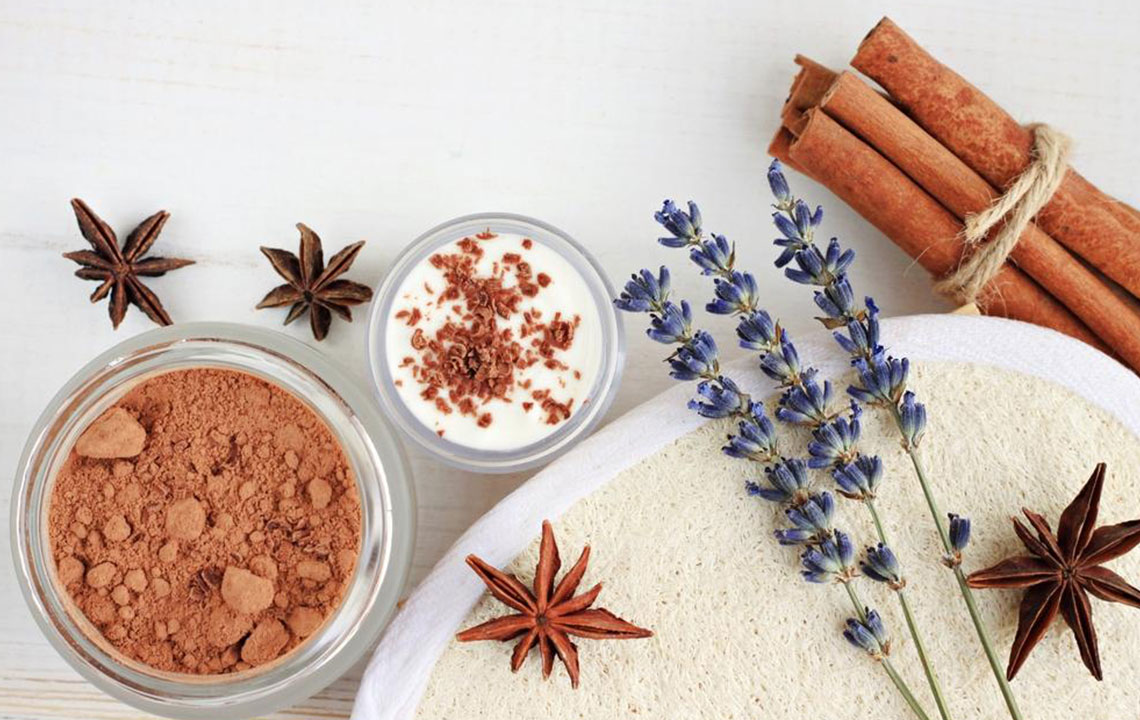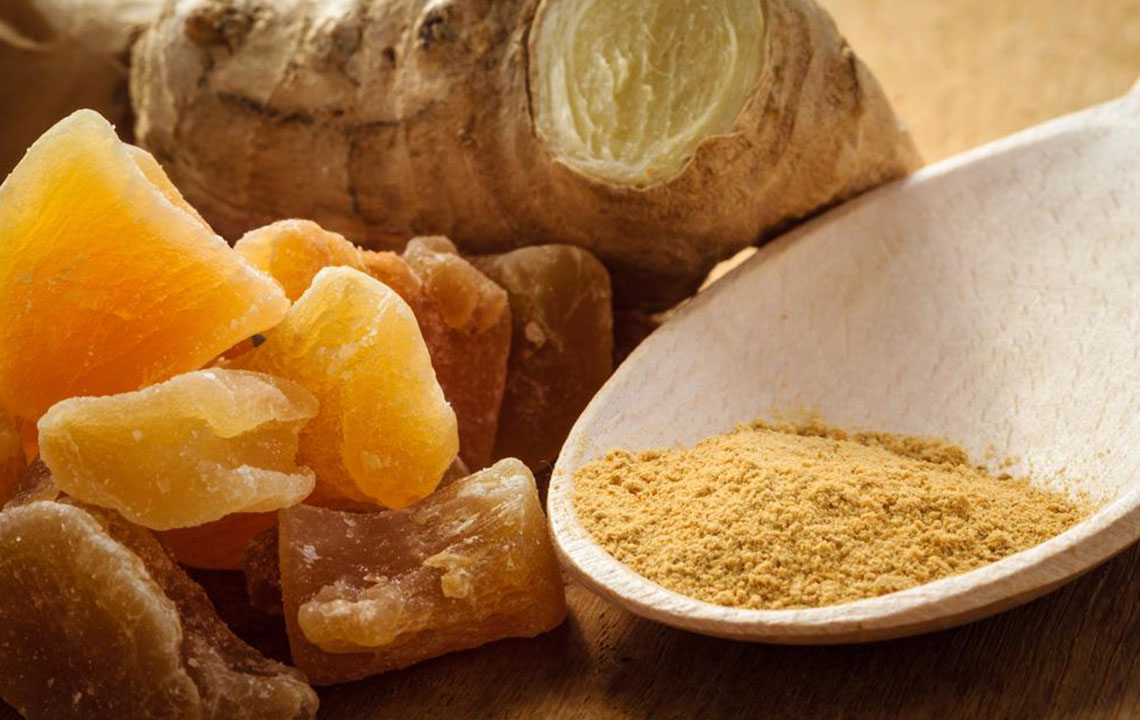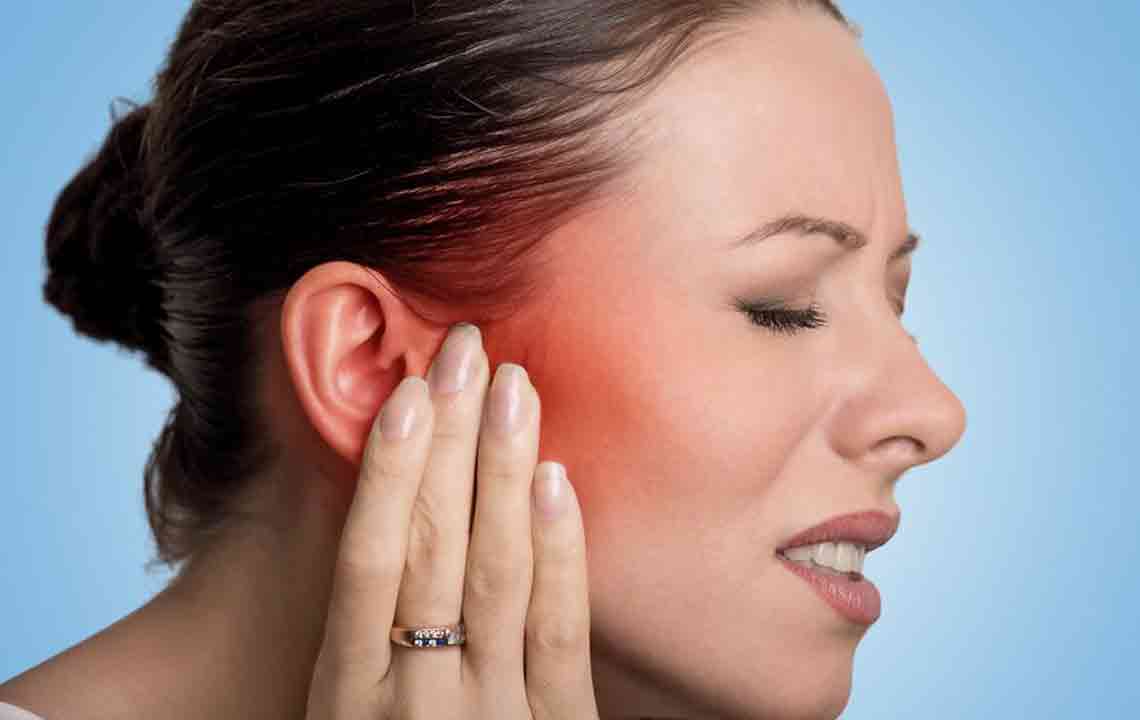Effective Natural Methods to Overcome Tinnitus Symptoms and Improve Hearing Health
Discover comprehensive natural methods to manage tinnitus symptoms effectively. This article explores causes, types, and holistic strategies—including diet, exercise, relaxation techniques, and lifestyle adjustments—to improve ear health and reduce ringing, clicking, and buzzing sounds for a better quality of life.

Natural Strategies for Managing Tinnitus Symptoms
Tinnitus is a complex condition characterized by the perception of ringing, clicking, hissing, or buzzing sounds in the ears or head without any external sound source. It often serves as an indicator of underlying issues within the auditory system, which includes the ear structures, auditory nerves, and certain parts of the brain responsible for processing sound signals. While it is a common symptom across various age groups, its causes and manifestations can vary widely. Understanding these factors is essential for effective management and improving quality of life.
One of the most prevalent causes of tinnitus is hearing loss due to prolonged exposure to loud noises, which can damage the delicate hair cells within the inner ear. However, other factors such as ear infections, earwax buildup, vascular disorders, and neurological conditions can also contribute. Tinnitus manifests in different forms—some individuals experience a constant ringing, while others notice intermittent clicking or humming sounds. These perceptions can fluctuate in pitch and intensity, affecting daily functioning and mental health.
In severe cases, tinnitus can significantly impair hearing, concentration, and sleep quality. Chronic tinnitus may also lead to emotional distress, anxiety, and depression. Recognizing the specific sounds and their potential origins can help in developing appropriate management strategies. Below are common tinnitus sound types and their typical causes:
Clicking sounds: Often resulting from involuntary muscle contractions around the ear, these sounds may last for seconds to minutes and are sometimes linked to temporomandibular joint (TMJ) disorders.
Rushing or humming: Commonly associated with vascular issues or blood flow irregularities, these sounds tend to intensify during movement or changes in posture.
Heartbeat sounds: Known as pulsatile tinnitus, these are often caused by increased blood flow, high blood pressure, benign tumors, or ear obstructions.
Further distinctions include:
Low-pitched ringing: Frequently connected with Meniere’s disease, a disorder affecting the inner ear’s fluid balance. Symptoms tend to worsen during vertigo episodes.
High-pitched ringing: Usually triggered by exposure to loud noises or trauma, it can persist for hours or days, becoming chronic with prolonged exposure or aging.
Natural Approaches to Tinnitus Management
Although there is no definitive cure for tinnitus, many natural and lifestyle modifications can help alleviate symptoms and enhance overall ear health. Before implementing these strategies, it’s crucial to consult healthcare professionals who can perform comprehensive evaluations. This may include thorough ear, head, and neck examinations as well as audiological assessments to identify underlying causes.
The following are effective natural remedies and lifestyle adjustments that can help manage tinnitus symptoms:
Hearing assessments: Conducted in a soundproof environment using specialized earphone systems, these tests compare responses to typical auditory patterns for your age, helping determine the extent of hearing loss or other ear issues. Movement and trigger tests: Simple exercises such as eye movements, limb movements, or jaw clenching can reveal fluctuations in tinnitus intensity, providing clues about potential causes or contributing factors.Natural Remedies for Tinnitus Relief
Eliminating stimulants: Reducing or avoiding substances like nicotine and caffeine can significantly impact tinnitus symptoms. Nicotine constricts blood vessels and impairs circulation within the auditory system, exacerbating ringing or pulsatile sounds. Caffeine may disturb sleep patterns and heighten neurological excitability, making symptoms more noticeable. Limiting these stimulants supports better blood flow and reduces neurological overstimulation.
Adopting a balanced diet: Nutrient-rich foods supporting ear and nerve health play a pivotal role in managing tinnitus. Focus on increasing intake of vitamins such as A, B12, C, E, along with essential minerals like magnesium and copper, which aid in nerve function and reduce oxidative stress. Additionally, reducing sodium intake minimizes fluid retention and blood pressure, which can worsen tinnitus symptoms.
Engaging in regular physical activity: Exercise promotes the release of endorphins—natural painkillers that elevate mood and reduce stress. Maintaining a consistent exercise routine can also improve circulation, supporting overall ear health. Moreover, physical activity helps mitigate stress, a common trigger for tinnitus exacerbation.
Listening to calming music: Creating playlists of soft, soothing tunes serves as a distraction from persistent ringing sounds. Such auditory relaxation techniques can lower stress levels, promote mental calmness, and provide temporary relief from tinnitus.
Relaxation methods and warm baths: Taking warm baths infused with essential oils or salts can relax muscles, improve blood flow, and alleviate tension that may contribute to tinnitus. Complementing these practices with mindfulness, meditation, or deep breathing exercises can further reduce stress and improve emotional resilience.
Integrating these natural strategies into daily routines can significantly improve hearing health and overall well-being. However, it’s essential to seek personalized advice from healthcare professionals who can custom-tailor treatment plans based on individual diagnoses and symptom severity. Although a complete cure may not be currently available, these approaches can effectively reduce the perception of tinnitus and enhance quality of life.





